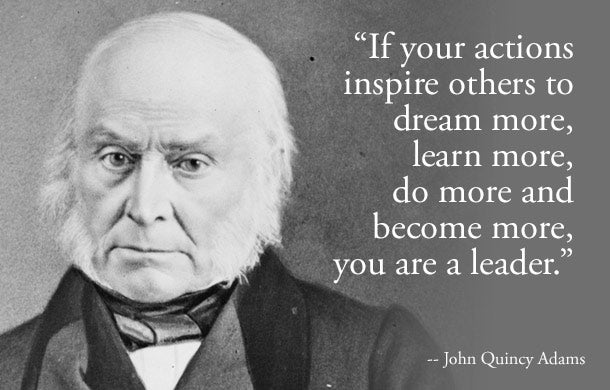 |
| Inventors.about.com |
One of the important traits that are usually ignored by leaders in the work place is fairness. In business concepts fair implies being straightforward, equal, and honest. A smart leader will never treat all employees the same when it comes to equality in the workplace, because workers who are not performing well should be having a different treatment from workers who are far better at their job. (Inc.com).
Here are some tips that will help you to establish a fair working environment in the workplace:
Be Open:
Employees will know where you stand and how honest you are if you are genuine. Also, if you are regularly implement you talks with actions, workers will find you transparent and impartial. (Inc.com).
Personal favoritism:
When it comes to hiring applicants to fill a job vacancy or promoting employees, you should pick the most qualified applicant for the job vacancy. If you promote or hire candidates just because they are related to you, that would lower workers faith in you, and it will lower the employees work performance as well. (Inc.com).
Establish a work rules:
Inform your team members about your rules, and let them know the consequences of everything they do. And be strict in applying these rules whether, it’s rewarding or punishing an employee. This will show your team members that you are fair and square. (Inc.com).
Watch this video to get some extra tips about how to be tough but fair leader:
Is it easy for leaders to maintain equality and fairness with employees in the workplace?











